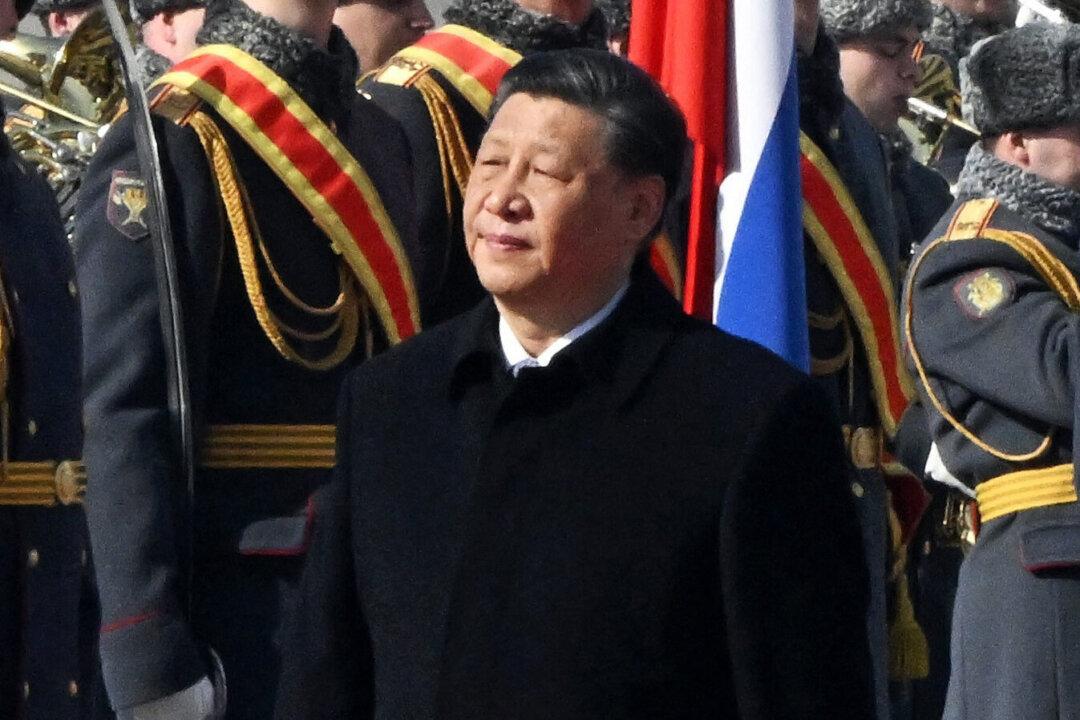WASHINGTON—China’s communist regime seeks to dominate critical technological sectors in order to upend the global order and undermine the democratic way of life, according to a former White House official.
The Chinese Communist Party (CCP), which rules China as a single-party state, is leveraging economic policies to foster illiberalism on a global scale, according to former national security adviser Robert O’Brien.




